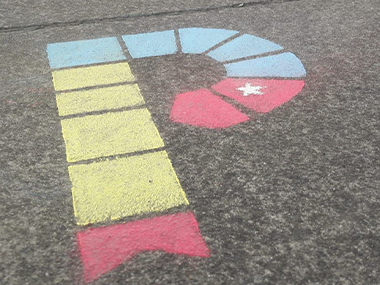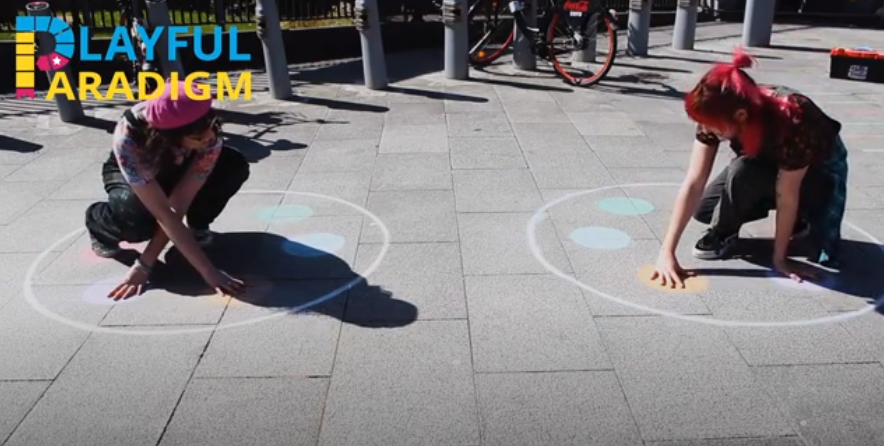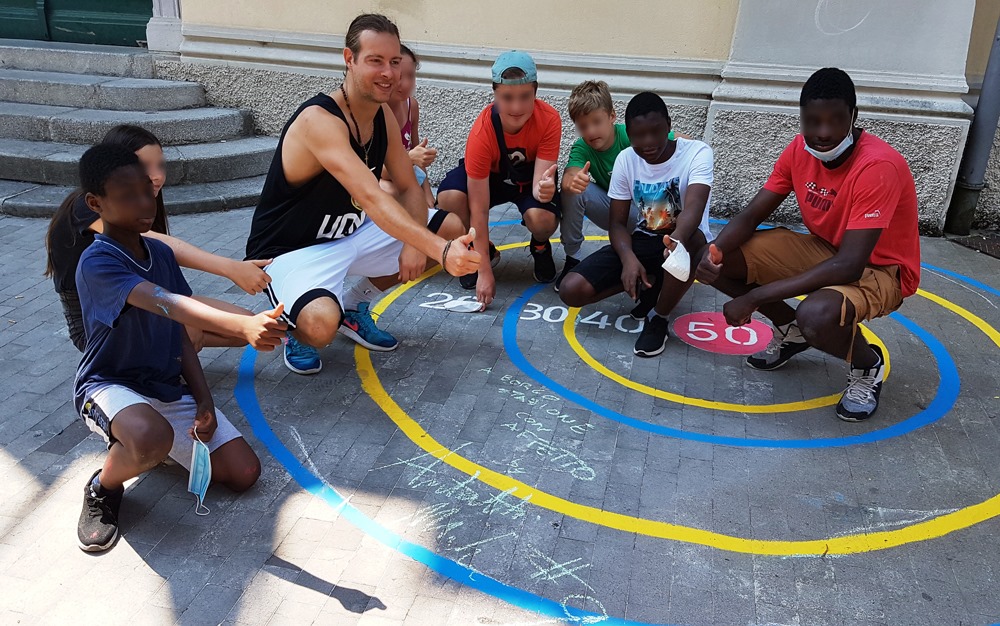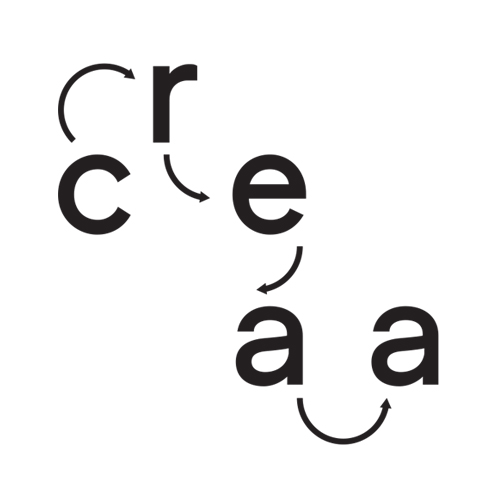Playmaking – the art of making people happy in their city
Edited on
19 March 2021An article written by URBACT Expert Wessel Badenhorst

The Role of Play in Placemaking
Often when we ask what makes people happy, the answer is ‘the little things’. It is the things which does not cost lots of money, but brings people together and helps people to feel part of their city. It often happens more ‘every other day’ than only ‘once in a while’.
The opposite is also true. Lots of things can divide people. And a deserted space is a lonely place. Let us not dwell on these. Let us rather celebrate how an intercity project managed to create momentum for the ‘playfulness’ of cities.
Cities are not only a ‘concentration of buildings’ with a range of uses for its inhabitants. The public spaces ‘between buildings’ serve to bring people together. The connectedness between people living in a city is key to the establishment of community networks and to strengthen a sense of belonging. Dar Williams calls this connectedness ‘positive proximity’ and the question she says we should ask ourselves in the places where we live and work is: “When does a roomful of strangers become a town of people?” (What I found in a thousand towns, 2017)
The Playful Paradigm Project investigates and demonstrates the role of play in creating such positive proximity. During the Project the partner cities initiated play in public spaces as a way of placemaking. The intention was that through co-creating and delivering play activities in targeted spaces, communities could be brought together and explore other uses for spaces.
Play (just like ice-cream and trees) have an instantaneous effect on people gathered in a space, by making them feel more comfortable with each other and to be more open for engagement with each other. Thus play is supportive of placemaking, for which the intention is to activate spaces and instigate new uses of such spaces resulting in more meeting opportunities for local inhabitants.
In a recent podcast of the Playful Paradigm Project (recorded on 24 February 2021) two of the partner cities in the project discussed the impact of such play activities in public spaces on inhabitants and on city policies.
Cork
 Denise Cahill of Cork Healthy Cities in Ireland reflects on how underutilised public spaces have been in the city of Cork and how it is changing. The lack of use can mainly be attributed to the weather in Ireland with its many rainy days that discourages people to go outdoors; the cost of insurance to cover public liability that inhibits organised activities in public spaces; and the culture of socialising indoors, which is the bedrock of the night-time economy in Ireland i.e. the pub culture.
Denise Cahill of Cork Healthy Cities in Ireland reflects on how underutilised public spaces have been in the city of Cork and how it is changing. The lack of use can mainly be attributed to the weather in Ireland with its many rainy days that discourages people to go outdoors; the cost of insurance to cover public liability that inhibits organised activities in public spaces; and the culture of socialising indoors, which is the bedrock of the night-time economy in Ireland i.e. the pub culture.
Things have changed however. The Covid19 pandemic together with the city’s involvement in the Playful Paradigm Project has helped to shift the mind set in Cork. As Denise says: “A lot of people thought play is about playgrounds. The Playful Paradigm Project gave the city opportunities to explore play in a different and creative way.”
A very important example is the change in perceptions to what the use of the Marina can be, which is a road of approximately 2.5 km along the River Lee in the city. This road was mainly used for car traffic, yet it has so much potential as an amenity for outdoor recreational activity and for the general enjoyment of the river. The Cork project team decided to test two project actions namely to organise a playful festival and some pop-up play events by applying to stop car traffic on the Marina road for car traffic on four Sundays in the summer of 2019. The communication was not on ‘closing the road’ per se, but rather on opening the road for play. This was done as part of the city’s annual Lifelong Learning Festival.
The impact was dramatic as people positively responded to the invitation to use the road for play. When in 2020 the city had to cope with the Covid19 pandemic, the precedent was set of using the Marina road as a pedestrianised area, leading to more permanent restrictions of car traffic on the road.
The project was very successful in managing to insert a playful theme into the existing festivals held each year in Cork such as the Culture Night involving all creative organisations each September. In this way the project aimed to mainstream play in the city. A play practice that was successfully transferred from Udine to Cork was the lending of play equipment to local communities to transform local public spaces into play places during community events.
Udine
 Marco Pollastri of the Centro Antartide based in Bologna gave an insight into a transformative project in Udine using play to activate public space while also bringing diverse sections of a local community together.
Marco Pollastri of the Centro Antartide based in Bologna gave an insight into a transformative project in Udine using play to activate public space while also bringing diverse sections of a local community together.
The Borgo Stazione is a residential area close to the train station and the city centre. It is located in a part of the city which experienced significant demographical change with the arrival of many immigrants giving the area a new character. The area has an impressive architectural heritage but has become less appealing with persistent levels of petty crime.
The project team of the Playful Paradigm Project in Udine selected this area to explore ways to use play to deal with some of the social challenges in this area. The aim was to find ways to improve the use of public spaces using play activities while also positively influencing community relationships.
The team used a placemaking methodology by first listening to stakeholders, while making adaptations for the Covid19 pandemic restrictions, to interview local inhabitants of different ages and ethnic origin. The team also used a model from a previous project to do a comparative analysis between perceived and real data on the quality of public spaces. This included examining options to bring in equipment or to use the natural context for activities including the need for safety measures. These initial engagements helped the team to create a focus for participation of citizens in the co-creation of more play activities.
It also laid the foundation for experimentation with playmaking by involving local inhabitants working with artists to create surface drawings in public spaces that could be used for play.
Given the Covid19 pandemic restrictions on active physical social play, the project concentrated on using digital Apps namely Echoes and Wallace to enhance the experience of the local neighbourhood. For example, with the Echoes App inhabitants could walk around places in the neighbourhood and hear pre-recorded tracks with comments and ideas of local people about those specific places. With the Wallace App the users who walked the local neighbourhood could leave their own messages or drawings on virtual walls depicting noted spaces in the neighbourhood.
Marco concludes that play and playmaking helps local people to better understand the neighbourhood where they live. “It helps them to imagine, discover and signal in a creative way the spaces that compose the same territory.”
Impact of the Playful Paradigm Project
These initiatives of two partner cities in the Playful Paradigm Project demonstrate how making a city playful is a successful strategy to practically address issues of people and place, such as the better use of roads in the case of the city of Cork and the increased attachment of inhabitants to their neighbourhood in the case of the city of Udine.
It also showcases how playmaking can be an integral part of placemaking. As Dar Williams says, placemaking is about activities that show there is a there, there. And with this play of words, one can conclude that for us, to make our cities great places to live, starts with the basics of making our cities playful and socially connected, which also helps to boost happiness in our cities!
by Wessel Badenhorst - URBACT Ad Hoc Expert
Want to know more about Placemaking?
 Submitted by CREAA on
Submitted by CREAA on
